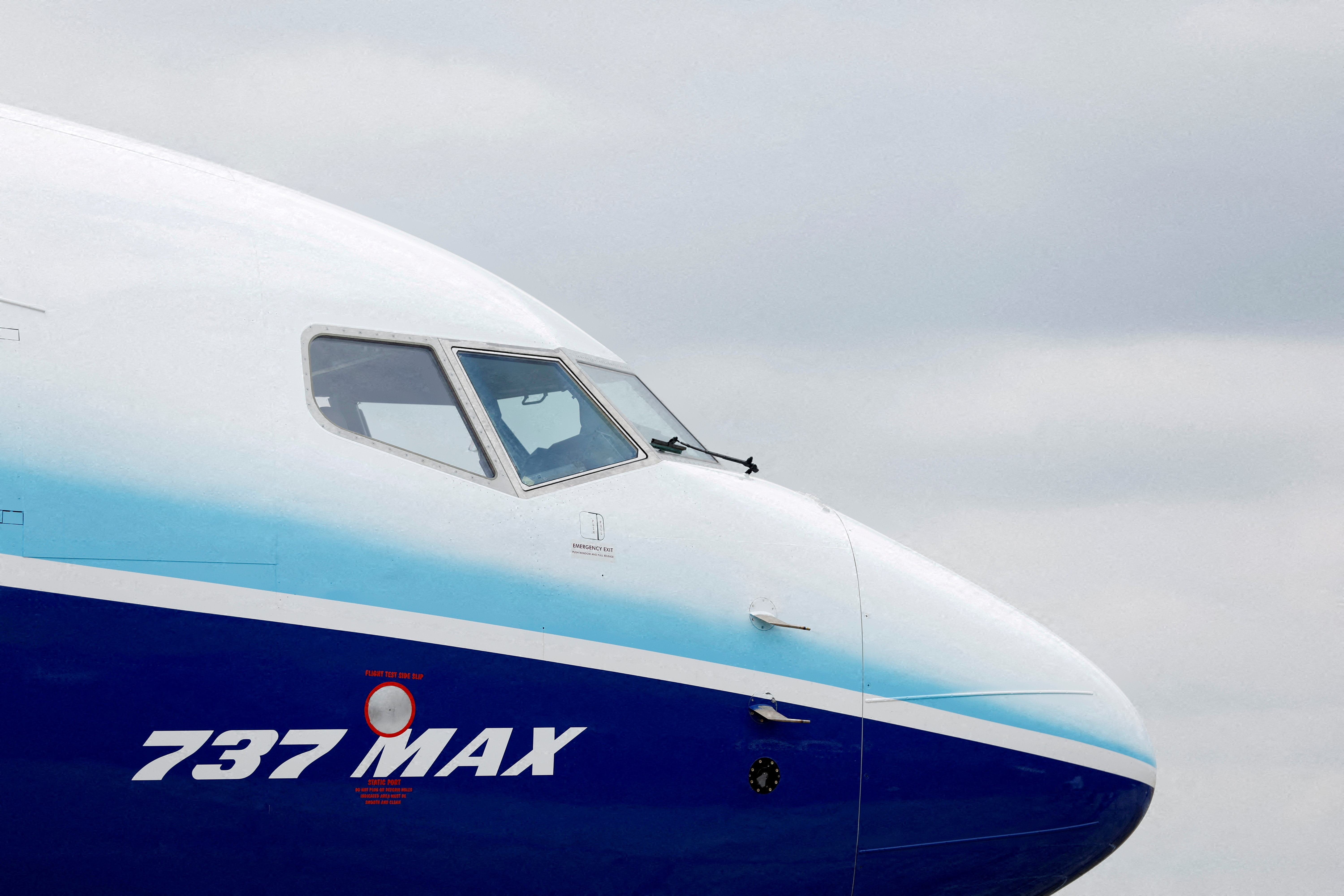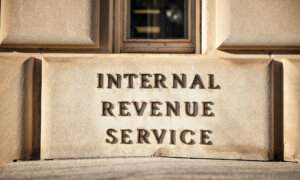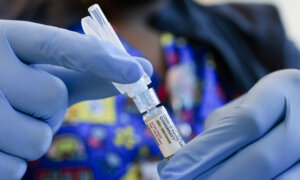Boeing has signed a $1.1 billion deal with the Department of Justice (DOJ) that allows the aerospace giant to avoid criminal prosecution for deceiving federal regulators before two deadly 737 MAX crashes.
Under a final non-prosecution agreement, signed on May 29 and disclosed in a June 4 filing with the Securities and Exchange Commission, Boeing admitted to conspiring to defraud the Federal Aviation Administration (FAA) and agreed to pay nearly half a billion dollars to the families of the 346 victims of the crashes, along with additional fines and investments in safety and compliance.
The deal, which awaits final judicial approval, requires Boeing to pay $487.2 million in fines, create a new $444.5 million victim compensation fund, and invest $455 million in strengthening compliance and safety programs. As part of the deal, the company’s board must also meet directly with crash victims’ families. Half of the fines have already been paid under a 2021 deal.
The agreement permits Boeing to withdraw a previously entered guilty plea, a provision that has drawn objections from families of victims killed in the 2018 and 2019 crashes.
The DOJ has filed a motion seeking dismissal of the case against Boeing, according to a June 2 court filing. U.S. District Judge Reed O’Connor issued an order on the same day canceling the trial, which had been scheduled to start on June 23.
Boeing’s admission of criminal conduct is a rare public concession by a major corporation and allows prosecutors to refile charges if the company breaches the deal.
The plane maker was accused of misleading the FAA about critical features of the 737 MAX before the aircraft was certified to fly. The company failed to inform both the FAA and airline pilots about a new flight control system—known as the Maneuvering Characteristics Augmentation System (MCAS)—that could automatically push the plane’s nose downward if it received faulty data from a single sensor indicating a potential stall.
The MCAS played a central role in two fatal crashes in Indonesia and Ethiopia, during which erroneous sensor readings triggered the nose-down command and pilots were unable to regain control. Following the second crash in 2019, aviation authorities grounded the 737 MAX until Boeing redesigned the software.
In 2021, the DOJ charged Boeing with conspiracy to defraud the FAA, alleging that the company had concealed key information about the MCAS and misled regulators about the level of pilot training required. Prosecutors agreed to defer the charge under an agreement that required Boeing to pay $2.5 billion—including a $243.6 million criminal fine—and implement reforms to prevent future violations of federal anti-fraud laws.
However, in 2023, federal prosecutors concluded that Boeing had violated the terms of the deferred prosecution agreement by failing to make those promised reforms. In response, Boeing agreed in July 2024 to plead guilty to the original felony charge, aiming to avoid a drawn-out public trial.
That plea deal was rejected in December 2024 by O’Connor, who raised concerns that diversity, equity, and inclusion policies at Boeing and within the government could improperly influence the selection of a compliance monitor. The judge argued that such considerations risked undermining public confidence in the agreement and the oversight process.














